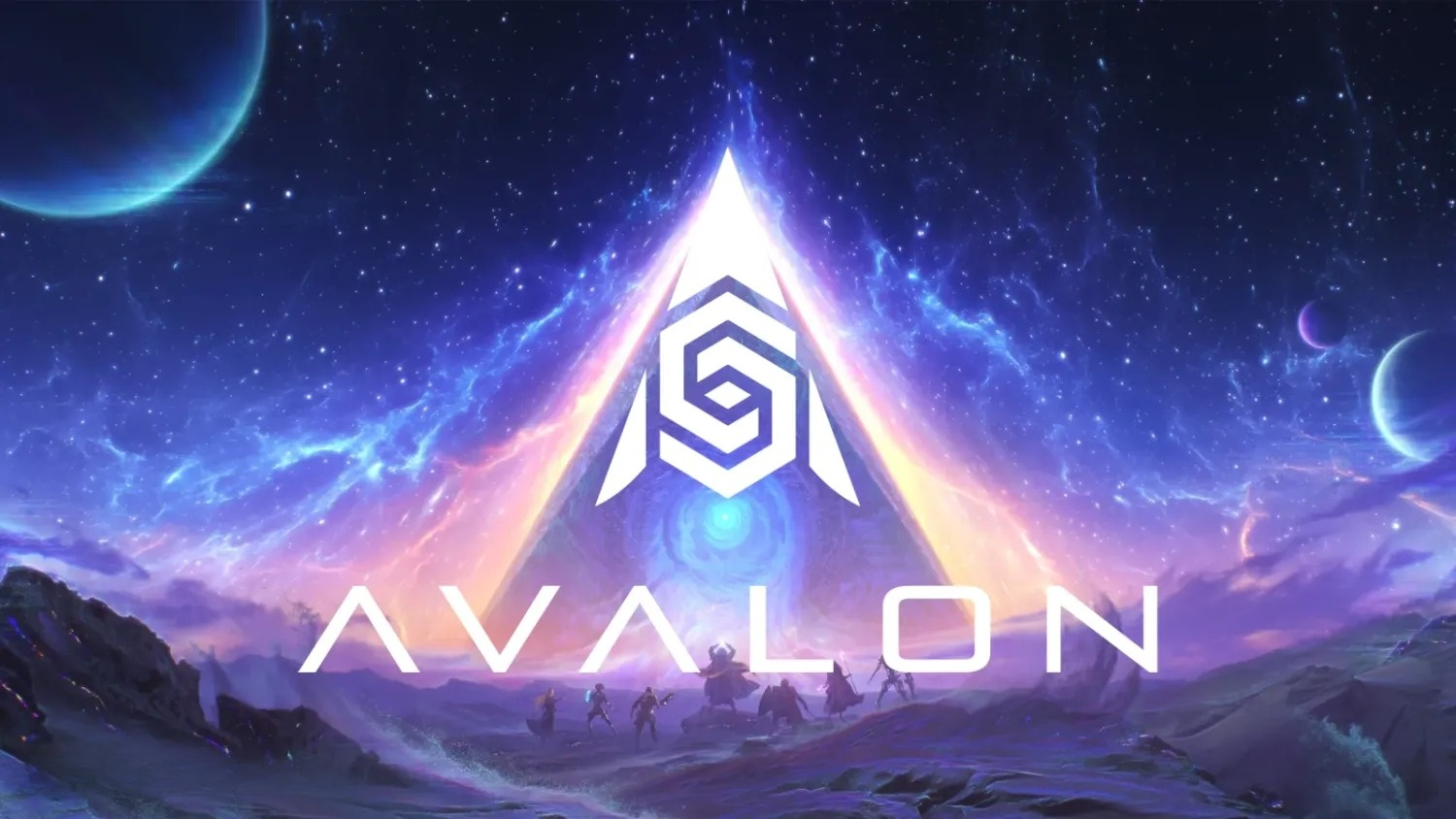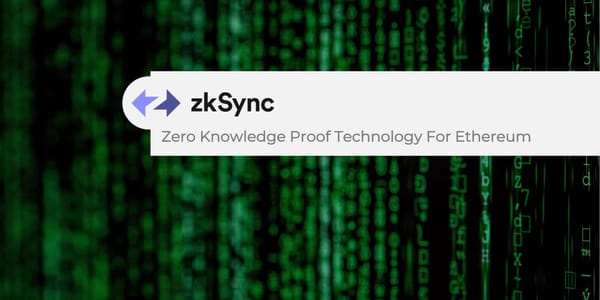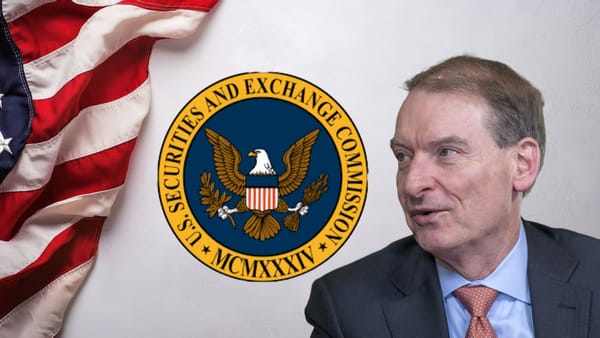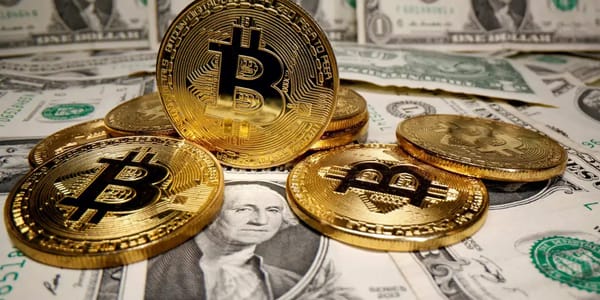Avalon Raises $13M for Metaverse Game

Avalon, a startup focused on online gaming, unveiled the first teaser for its upcoming metaverse game of the same name on November 15th.
The game is being developed by a team of industry veterans with extensive experience in renowned titles such as EverQuest, Call of Duty, Diablo, Assassin's Creed, Elden Ring, and World of Warcraft. Scheduled to launch in 2022, Avalon prides itself on integrating blockchain technology and AI tools into its development process.

In February, Avalon announced a successful fundraising round totaling $13 million, led by Bitkraft Ventures. Other investors include Hashed, Delphi Digital, Mechanism Capital, and Coinbase Ventures.
According to Jeffrey Butler, Avalon's Product Director and former Creative Director of EverQuest, the metaverse game aims to provide new tools that are more accessible to users.
Furthermore, Avalon will collaborate with Didimo and Inworld AI, two companies specializing in virtual reality technology, to create its virtual universe. The team has utilized Didimo's Popul8 platform to create AI-driven characters, enhancing character depth and diversity beyond traditional NPC servers.
Within Avalon, players will traverse a virtual universe through portals, transporting them from medieval settings to cyberpunk environments.
To maintain fairness and mitigate ownership abuse issues, Avalon's mechanics will filter in-game items like weapons or vehicles based on the world type encountered by players.
Butler revealed, "Avalon's beta test is slated for 2024, with full release expected in 2025, featuring in-game monetization opportunities for players."

He added that players can create and sell any in-game items they desire, emphasizing the use of synthetic AI to reflect real-world community diversity.
"Butler declined to specify which blockchain Avalon will utilize but stressed players' ability to own earned or purchased items without fear of control by third parties."
"Some traditional game studios have attempted to integrate player item collections into games. However, opposition from the traditional gaming community has slowed this process and led to the avoidance of NFT terminology, replaced instead by 'digital collectibles.'"




